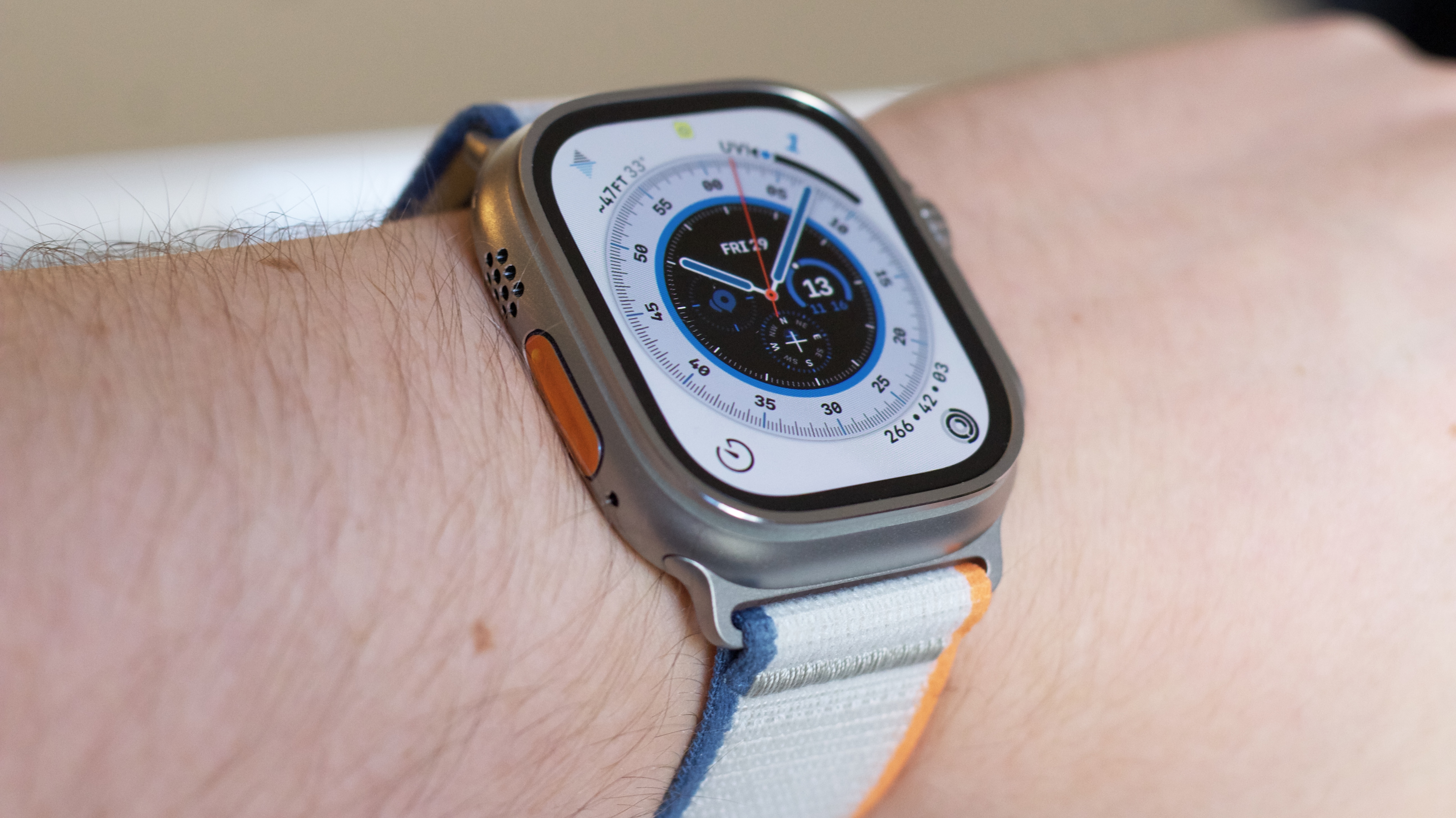
It’s been a tough holiday period for Apple’s wearable department, and things are about to get worse. The administration of US President Biden has decided to uphold the decision from a government tribunal which will see an import bad placed upon the best Apple Watches.
This follows an ongoing patent dispute between Apple and medical tech company Masimo, which for years has claimed that Apple’s wearable infringes on its protected method of reading blood oxygen levels. It’s a feature that’s been included in the Apple Watch since the Series 6, which launched in 2020, with Masimo looking for back-dated damages since the introduction of the feature.
The International Trade Commission’s order kicks off today (December 26), and extends a disastrous holiday sales window for the Apple Watch — a sales ban came into effect the week before Christmas, which usually sees a sales spike for the fitness focussed wearable as customers prepare for new year’s resolutions.
Apple’s next step will be to appeal the ban in the US Court of Appeals for the Federal Circuit, but means availability of the wearable will continue to be limited in the US for weeks to come.
Courts, courts, courts
At present, the only current model unaffected by the sales ban is the Apple Watch SE, which lacks the blood oxygen reading method used by the Series 9 and Ultra 2. Older generations remain unaffected.
It’s been a tumultuous battle between Apple and Masimo, with the later company also claiming that Apple looked to headhunt its staff in order to reverse engineer and circumvent its protected patented technologies. The battle has already seen one court run end in mistrial, while Apple is separately suing Masimo for a separate patent infringement, with Apple positioning Masimo’s complaints as an attempt to prepare the market for its own wearable device.
The fight with Masimo is not Apple’s only smart watch headache at the moment either — a separate patent infringement claim from another medical technology company, AliveCor, was brought to the International Trade Commission, requesting a ban in February. But, for the time being, that case is on hold.





